Etiquette Between Husbands and WivesLove's MessengerIn interviews people often ask me to give them a blow-by-blow description of my routines, so a few weeks ago I took notes throughout the course of a fairly typical day. Personally I think my fiction makes for far better reading —after all, fiction can have plots and involve people who are more interesting than I feel myself to be. However, people are always asking about this... 6:45 a.m. Get out of bed. Light the gas heater in the bedroom and put my daytime corset nearby to warm up. Go downstairs to the kitchen, light the kitchen lamp. Light the gas burner, put the kettle on. 7:05 Notice I can see my breath in the kitchen. Pack my husband Gabriel's lunch while he gets ready for work upstairs. 7:12 Sweep up crumbs from slicing bread, add them to the crumbs jar. (Crumbs from the crumb jar are very handy for bulking up soups, making crusts for things like macaroni and cheese, etc.) 7:15 The water in the kettle is boiling; turn the gas off. Go upstairs and brush teeth. 7:20 Return to kitchen, kiss Gabriel goodbye and tell him to have a nice day. Go into parlor, wave to him again through the window as he's leaving. Go back into kitchen, turn out the lamp, bring kettle up to bedroom. 7:25 Light one of the bedroom lamps, put it in the wall sconce by my washstand. Pour water from my ewer into my washbasin and add enough hot water from the kettle to bring it up to a tolerable temperature. Get washed up. 7:45 Get dressed: daytime corset, pantalets, shift, cotton petticoat, quilted petticoat, wool teagown, long wool socks. 7:47 Bring kettle back down to kitchen, fill. Light gas burner and put the kettle back on. 7:50 Back upstairs. Toss out washwater, wipe out basin. Move lamp from wall sconce to vanity dresser. Put up hair. Put on shoes (cozy carriage boots.) 8:00 Turn out gas heater and lamp in bedroom. Leave bed to air. Put on chatelaine. 8:01 Back down to kitchen. Kettle not boiling yet; turn gas up higher. There's just barely enough daylight to see in the kitchen now; I debate lighting the kitchen lamp but decide to save the fuel. Empty the driptray from the icebox. Eat some tinned fruit for breakfast. In the nineteenth-century the first mail of the day in many cities was delivered around breakfast time, so I check my e-mail. (Incidentally: by 1905 Baltimore and Philadelphia each had seven mail deliveries per day, most of New York had nine, and Philadelphia had five.) 8:15 Kettle boils: make tea. 8:17 Stop to notice how pretty the morning light is against the wall. 8:18 Finish making tea. 8:24 Check thermometer in parlor: 48 degrees. No wonder I'm cold. Go back to kitchen. Finish eating; while doing so, check author profile and sales stats on my fiction. (This latter is, like the e-mail, the closest equivalent of the old physical business mail.) 8:35 Bring tea into my writing den. Fix the foot of my chair that always comes loose. Read while drinking tea. One of the characters in the book I'm currently writing is a ship's captain, so I've been reading nineteenth-century maritime books for background. One of the other characters is a school teacher, so I've also been studying a whole collection of the school texts which were used in Washington Territory in 1883, when the story takes place. 9:00 Finish tea. Turn out heater in den. Clean tea things, brush teeth. Make bed. Clean out stove in kitchen, lay fresh fire (don't light it yet). Notice we're low on kindling and I'll have to gather more. Check lamps: fill reservoirs, clean chimneys and tend the wicks on one bedroom lamp, big lamp from my den, my finger lamp and the porch lantern. Fill and tend the wick of the kitchen lamp but don't bother washing it, as it is still pretty clean. Fill the reservoir of the kerosene heater from my den. Put all the lamps back in their proper places. Sweep kitchen, take out trash. Whistle badly off-key to myself while performing kitchen tasks. 10:20 Re-light heater in den, settle down at my desk with one of my antique furs around my neck. Work on my story. Transcribe and review what I'd written in my notebook yesterday, make a few changes. Put the computer away and continue writing by hand in my notebook (with a pencil so I don't get ink on my fur). Occasionally look up at the antique photographs which I've used as inspiration for various characters. 11:00 Need to sharpen pencil. Go out to kitchen to add the shavings to the ready-laid fire in the stove. Notice it's still 48 degrees in the parlor. I'm happy to return to my den, where it is starting to get quite cozy. 11:02 Keep writing in my notebook. The cold and tending various fire-related appliances has given me a sweet idea for a scene detail. One of my characters has a far less functional stove than mine and it's always giving her trouble. Occasionally consult notes I've taken on various things related to the story I'm writing —a quote I want to include, notes on nineteenth-century Germany (one of the characters is German), etc. 12:10 p.m. Sharpen pencil again, turn out heater in den. Bring canvas work dress into den to warm it up before I change into it to gather kindling. Go back to writing. 12:30 Decide it's time to gather kindling. Take off chatelaine and leave it on my desk. Change from wool tea gown to canvas work dress (keep all the same underthings on). Notice canvas work dress wants mending, but not urgently. Move contents of purse into my vasculum, which is easier to carry in the woods than a purse. Change out cozy boots for sturdy work boots. Put sweater over work dress. Put jacket over sweater. Put on hat, scarf and gloves. Put a notebook and pencil in my kindling-gathering basket. (A writer always has writing tools, because anything is potential material!) 12:45 Eat a piece of cheese. 12:46 Go out with my basket to gather kindling. Pick up sticks and dead branches brought down by recent storms. 12:55 Pause to watch two squirrels fighting. Write about it in my notebook. I have no idea if this will ever make it into a story, but one never knows what might prove useful eventually. 1:05 See a woodpecker. Notice his rapping reminds me of a percussionist beating out a tune. Likewise write this down. 1:07 Feel particularly pleased with myself when I find some dead madrona branches. Reflect that madrona is the anthracite coal of wood —it is hard to get going, but it burns slow and long. 1:20 Return home. Transfer kindling from my basket to the box on our porch. While still dressed to go out, walk to the corner market for flour and molasses. 1:40 Arrive back home. Light the fire I set up in the stove earlier. 1:41 Take off outdoor things, change back into wool teagown. Leave on work boots for now. Put canvas work dress in mending basket. 1:46 Shift one of the oven dampers. The fire has caught but the stove won't be hot enough to cook anything for quite some time. Light the gas burner and use it to heat up leftovers for lunch. Put away the flour and molasses I just bought. 1:54 While the leftovers are still heating, feed the sourdough starter I use to make bread. 2:00 Eat lunch. 2:07 Put coffee on stove. Keep eating. Realize I haven't put my chatelaine back on yet; get it from my desk, hang it from my waist. 2:24 Finish lunch, wash dishes. Contemplate plots for stories while doing so. Notice that the air in the kitchen is still cold enough to make my hands (extra warm from the hot water I just used to wash the dishes) steam slightly. This strikes me as entertaining, so I write it down. 2:30 Take coffee off stove, put it aside to settle. 2:31 Finish drying dishes, put them away. Add wood to fire, close one of the dampers on the stove. Bring in extra wood for later. Whistle off-key some more. 2:37 Notice cobwebs on ceiling, sweep them down with the broom. Reflect that when I was a child if anyone had told me that living in a Victorian house involves sweeping the ceiling, this information would not have in any way dissuaded me from my lifelong dream. It would, however, have surprised me quite a bit. 2:40 Pour coffee into mug, add cream. Retreat to den. Re-light heater. 2:50 Back to my story. (Slideshow: scenes in the series. For more, see Tales of Chetzemoka.) 2:55 Notice that the cold has made my hands so dry and chapped that one of my fingers is bleeding. It's not enough to make a mess though, so I dab it with a handkerchief and keep writing. Make a mental note to put skin cream on my hands before bed tonight. 3:30 Coffee gone cold. Bring it and my notebook out to the kitchen, put my enamelware mug straight onto the woodstove to heat it. Notice the fire has almost died; open one of the dampers on the stove and add some small pieces of wood which will catch easily. Write. 3:38 Take coffee off stove. The fire is roaring now; I add a large log and shut the top damper on the stove, close the bottom damper partway. 3:40 Go back to den with coffee. Turn out kerosene heater to save fuel. Write. 3:50 Have a question about terminology, look it up in one of our antique books. While looking it up, find a marvelous poem in the same book. Mark the page. Find the term I'd wanted, write it down. Open my commonplace book to a blank page and copy out the poem. My commonplace book is mostly just for personal inspiration, but about once a month I'll go through it, pick out poems or quotes that I think other people would find inspiration from, type them up, and set them up in the queue of posts for my author profile. 4:07 Finish coffee, brush teeth. 4:12 Return to den. Put my fur around my neck again and keep writing. Occasionally pet my fur meditatively. 4:30 Reflect that dusk comes early at this time of year: as soon as the sun sinks below the mountains the light starts to fade. It's also getting chilly in my den again. Light a kerosene lamp, which will add both light and heat to the room. Move myself from my desk to my rocking chair, which is near the lamp. Keep writing. 5:15 Light my fingerlamp so I can see what I'm doing as I move about the house. Add wood to the kitchen fire. Pour myself a mug of hot water from the kettle which has been on the back of the stove keeping warm. Return to den. Put fingerlamp in wall sconce. Keep writing. 6:00 Decide it's time to fill the hot water bottle for bed later. Turn out big lamp in study, bring notebook and fingerlamp into kitchen. Add a log to the fire. Move the kettle to a hot spot on the range, and put a pan of water on to heat. 6:05 Light gas heater in bedroom, bring down hot water bottle. 6:10 Light the kitchen lamp. Sharpen pencil. Add more wood to the fire. Notice coffee pot which I'd set aside earlier. Toss coffee grounds into garden (my primroses seem to like them) and wash coffee pot. 6:19 Shut top damper on stove. Cook dinner. Gabriel is spending tonight at his mom's house and with him gone I've no real reason to cook anything fancy, so I heat up the last of some chili I made a few days ago. Remember someone making a snide comment at one point about chili not being Victorian. Reflect that it's hard to think of a food more representative of the nineteenth-century American West than chili. Ponder the ignorance of the world and sigh. 6:35 Hear water starting to boil just as the chili gets hot. Move the water pan and kettle to a cooler part of the rangetop until I have time to deal with it. Add Tabasco sauce to my chili; think about one of the characters in my stories who adds pepper sauce to virtually everything. Reflect that one of the reasons for including this detail was to confront the odd misconception that all historical foods were bland. While eating, read a 1901 article from The Wide World Magazine which I'd printed out a few days before. 6:45 Wash dishes. Think I might want hot cocoa later; put a bowl in the ice compartment of the icebox for making whipped cream in case I do decide to have hot chocolate. 7:00 Move the kettle and pan of water back to the hot part of the stove. Scrub out sink with salt. Fill hot water bottle. 7:07 Take hot water bottle to bedroom, put in bed. Out of curiousity, check thermometer in bedroom: 48 degrees. 7:11 Dry dishes, put them away. Eat the remainder of the tinned pineapple I'd opened for breakfast (I eat a lot of tinned fruit in winter). Read the same maritime novel I was reading at breakfast time. 7:22 Turn out kitchen lamp. Bring fingerlamp up to bathroom, brush teeth. 7:28 Move my papers, etc. back to den. Put fingerlamp back in wall sconce, re-light the big lamp by my rocking chair. 7:35 Sit in my rocking chair with my feet up on my footstool and my antique fur around my neck. Write in my diary. 8:30 Decide I do want hot chocolate. Turn out lamp by rocking chair and de-camp to kitchen. Take the bowl out of the ice compartment, pour cream into it, then whip to stiff peaks using our rotary egg beater. Make hot chocolate, add whipped cream. Read while drinking hot chocolate. 8:52 Wash dishes, dry and put away. 9:00 Brush and floss teeth. Get changed into nightclothes. Turn out lamp and gas heater. Put skin cream on hands, put on cotton gloves to avoid getting skin cream all over the blankets. Crawl into bed, reflecting that whoever invented the hot water bottle deserves a knighthood, at the very least. In a seaport town in the late 19th-century Pacific Northwest, a group of friends find themselves drawn together —by chance, by love, and by the marvelous changes their world is undergoing. In the process, they learn that the family we choose can be just as important as the ones we're born into. Join their adventures in |
A Rapping At The Door
Buy the book
Learn more
***
Duties of Husbands and Wives
From Hill's Manual of Social and Business Forms, 1891. page 167
Reprinted in True Ladies and Proper Gentlemen
"The Husband's Duty:
A very grave responsibility has the man assumed in his marriage. Doting parents have confided to his care the welfare of a loved daughter, and a trusting woman has risked all her future happiness in his keeping. Largely will it depend upon him whether her pathway shall be strewn with thorns or roses.
***
Let your wife understand fully your business. In nearly every case she will be found a most valuable advisor when she understands all your circumstances.
***
Do not be dictatorial in the family circle. The home is the wife's province. It is her natural field of labor. It is her right to govern and direct its interior management. You would not expect her to come to your shop, your office, your store or your farm, to give orders how your work should be conducted; neither should you interfere with the duties which legitimately belong to her.
***
If a dispute arises, dismiss the subject with a kind word, and do not seek to carry your point by discussion. It is a glorious achievement to master one's own temper. You may discover that you are in error, and if your wife is wrong, she will gladly, in cooler moments, acknowledge the fault.
***
Having confided to the wife all your business affairs, determine with her what your income will be in the coming year. Afterwards ascertain what your household expenses will necessarily be, and then set aside a weekly sum, which should regularly and invariably be paid the wife at a stated time. Let this sum be even more than enough, so that the wife can pay all bills, and have the satisfaction besides of accumulating a fund of her own, with which she can exercise a spirit of independence in the bestowal of charity, the purchase of a gift, or any article she may desire. You may be sure that the wife will very seldom use the money unwisely, if the husband gives her entire confidence.
***
[M]atters that would be of little concern to you may weigh heavily on her. She needs, therefore, your tenderest approval, your sympathy and gentle advice. When her efforts are crowned with success, be sure that you give her praise. Few husbands realize how happy the wife is made by the knowledge that her efforts and her merits are appreciated.
***
Endeavor to regulate your household affairs that all the faculties of the mind shall have due cultivation. There should be a time for labor, and a time for recreation. There should be cultivation of the social nature, and there should be attention given to the spiritual. The wife should not be required to lead a life of drudgery. Matters should be so regulated that she may early finish her labors of the day; and the good husband will so control his business that he may be able to accompany his wife to various places of amusement and entertainment. Thus the intellectual will be provided for, and the social qualities be kept continually exercised.
***
Give your wife every advantage which it is possible to bestow.
***
Possibly the wife in social position, intellectual equipment, and very likely in moral worth, may be the superior to her husband. It is equally necessary, therefore, that the husband put forth every effort to make himself worthy of his companion. It is a terrible burden to impose on a wife to compel her to go through life with a man whom she cannot love or respect.
The Wife's Duty
Never should a wife display her best conduct, her accomplishments, her smiles, and her best nature, exclusively away from home.
***
Be careful in your purchases. Let your husband know what you buy, and that you have wisely expended your money.
***
Let no wife devote a large portion of her time to society-work which shall keep her away from home daytimes and evenings, without the full concurrence of her husband.
***
Beware of entrusting the confidence of your household to outside parties. The moment you discuss the faults of your husband with another, that moment an element of discord has been admitted which will one day rend your family circle.
***
If in moderate circumstances, do not be over ambitious to make an expensive display in your rooms. With your own work you can embellish at a cheap price, and yet very handsomely, if you have taste. Let the adornings of your private rooms be largely the work of your own hands.
***
Beware of bickering about little things... What matters it where a picture hangs, or a flower-vase may sit.
***
Be always careful of your conduct and language. A husband is largely restrained by the chastity, purity and refinement of his wife. A lowering of dignity, a looseness of expression and vulgarity of words, may greatly lower the standards of the husband's purity of speech.
***
Whatever may have been the cares of the day, greet your husband with a smile when he returns.
***
Be careful that you do not estimate your husband solely by his ability to make display. The nature of his employment, in comparison with others, may not be favorable for fine show, but that should matter not. The superior qualities of mind and heart alone will bring permanent happiness.
***
To have a cheerful, pleasant home awaiting the husband is not all... A man does not alone require that his wife be a good housekeeper. She must be more; in conversational talent and general accomplishment she must be a companion."
The Tales of Chetzemoka
"When I, poor elf, shall have vanished in vapor,
May still my memory live —on paper."
—Hill's Manual of Social and Business Forms, 1891.
On previous occasions I've already addressed why digitizing information is very different from preserving it (see http://www.thisvictorianlife.com/blog/digitization-does-not-equal-preservation ). I recently encountered a very personal example of the concept.
With Valentine's Day approaching, I was looking over a box of old love letters which Gabriel and I had written to each other over the years.
In the box with all the letters there was an interesting artifact:
I knew exactly what it was: a computer disk (from the days when computers still had disk drives), containing files of all the e-mails we'd written to each other when we first met.
It's been years since we've had a computer that could read such a disk, and even if we found someone who still owned one, it's extremely likely that the magnetic storage within such a disk degraded a long time ago and the files are gone, gone, gone. All those sweet words we wrote to each other: still on the paper of the letters we sent to each other, gone from digital media. Alive in our hearts, of course, but with the fuzzy, blurred edges of memory, not the sharp crispness of when we'd written them.
Luckily, I am one of the most eccentric people on earth, and both of us foresaw this problem of digital media a long time ago. After coming across this disk, I walked over to a nearby bookshelf, took down two very substantial, hand-bound volumes, and smiled to myself in a very smug fashion.
Back when I'd learned to how to make a hand-bound book, I'd gone back through all those old computer files, printed them out, and bound them together. Eccentric? Quite. Archaic? Perhaps. But enduring. So we haven't lost our history. It never would have disappeared from our hearts, but it hasn't disappeared in the physical world, either.
Archives
June 2024
May 2024
April 2024
March 2024
February 2024
January 2024
December 2023
November 2023
October 2023
September 2023
August 2023
July 2023
June 2023
May 2023
April 2023
March 2023
February 2023
January 2023
December 2022
September 2022
June 2022
April 2022
March 2022
November 2021
October 2021
September 2021
August 2021
July 2021
June 2021
May 2021
April 2021
March 2021
February 2021
January 2021
December 2020
November 2020
October 2020
September 2020
August 2020
July 2020
June 2020
May 2020
April 2020
March 2020
February 2020
January 2020
December 2019
November 2019
October 2019
September 2019
August 2019
July 2019
June 2019
May 2019
April 2019
March 2019
February 2019
January 2019
December 2018
November 2018
October 2018
September 2018
August 2018
July 2018
June 2018
May 2018
April 2018
March 2018
February 2018
January 2018
December 2017
November 2017
October 2017
September 2017
August 2017
July 2017
May 2017
April 2017
March 2017
February 2017
January 2017
December 2016
October 2016
September 2016
August 2016
June 2016
May 2016
April 2016
March 2016
January 2016
December 2015
November 2015
October 2015
September 2015
August 2015
July 2015
June 2015
May 2015
April 2015
March 2015
February 2015
January 2015
December 2014
November 2014
October 2014
September 2014
August 2014
July 2014
June 2014
May 2014
January 2014
November 2013
August 2013
July 2013
May 2013
April 2013
January 2013
December 2012
November 2012
Author: Sarah A. Chrisman(Known around Port Townsend as "The Victorian Lady" |
Categories
***
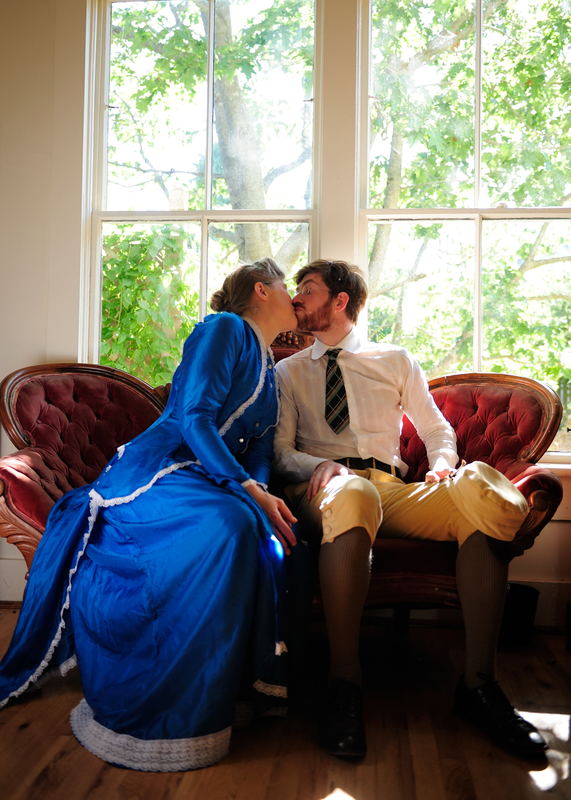

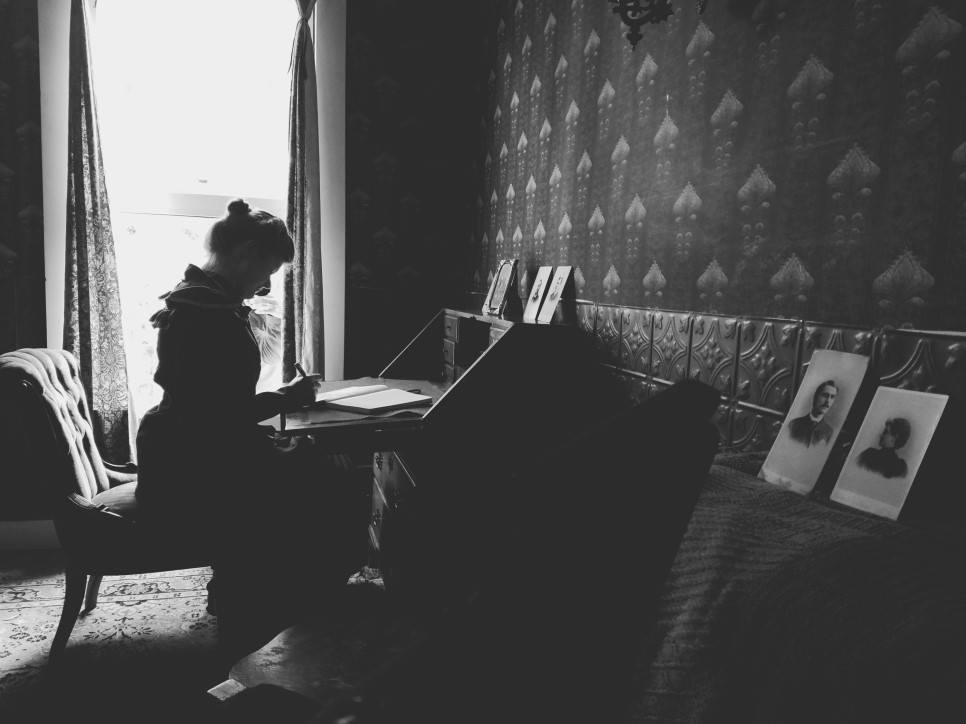
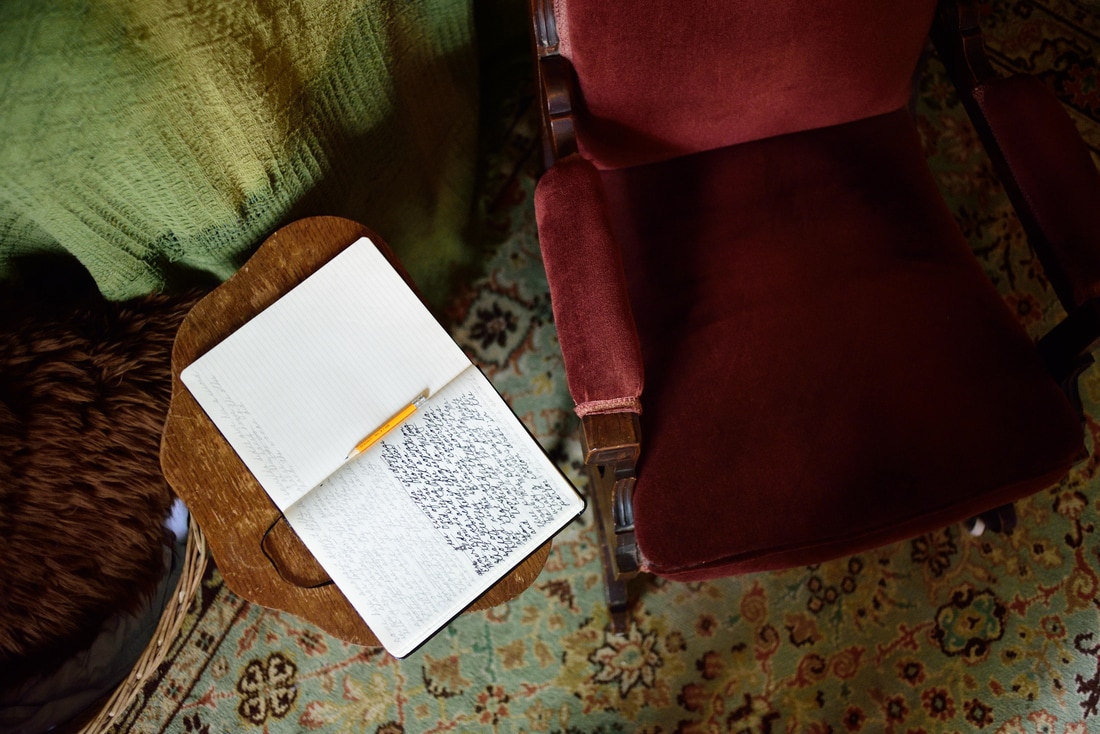
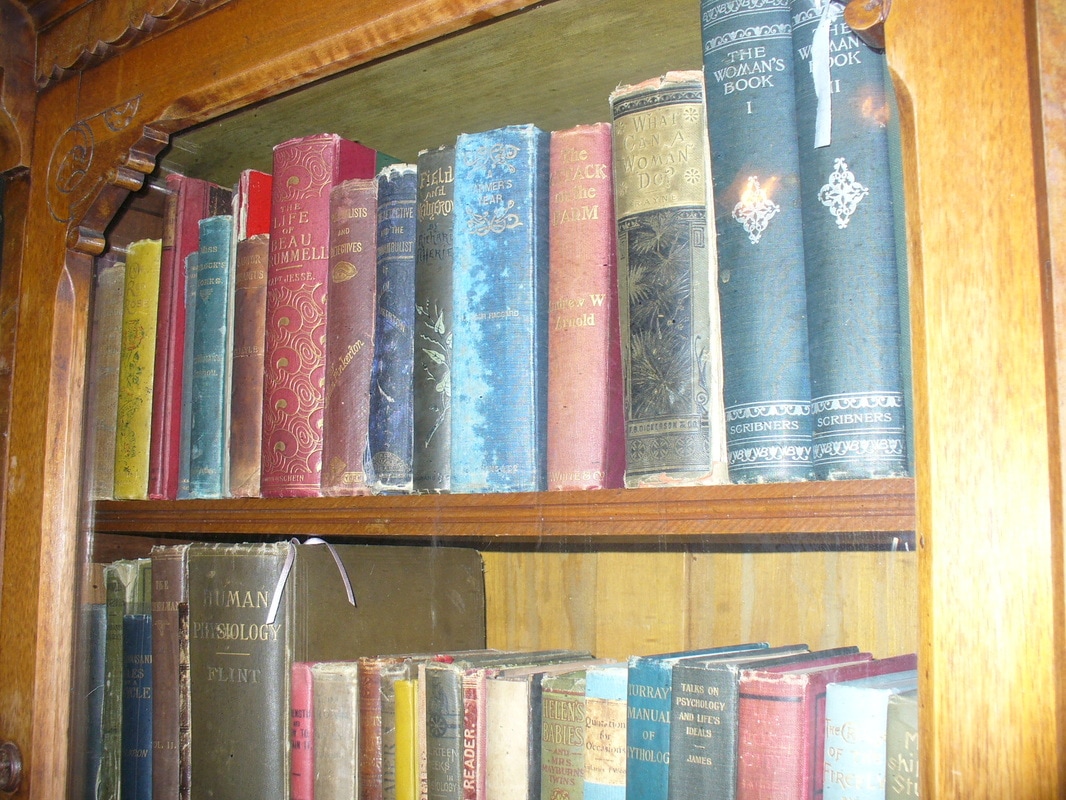
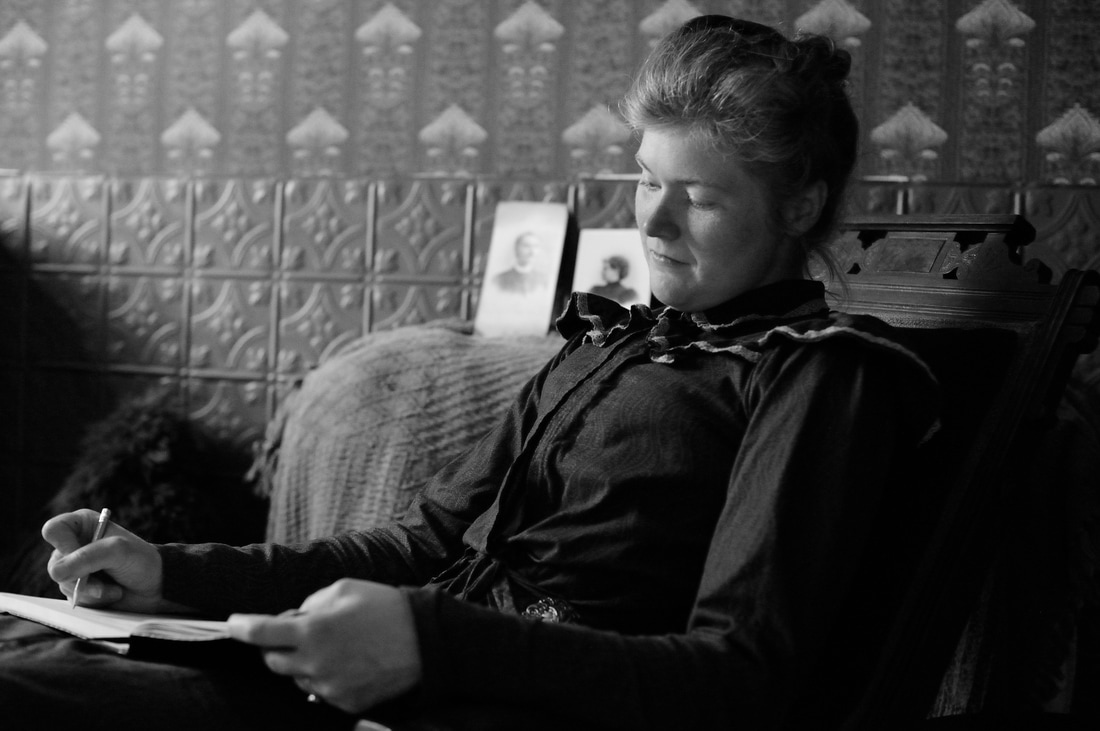
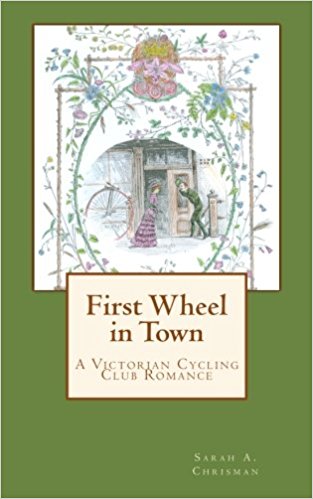






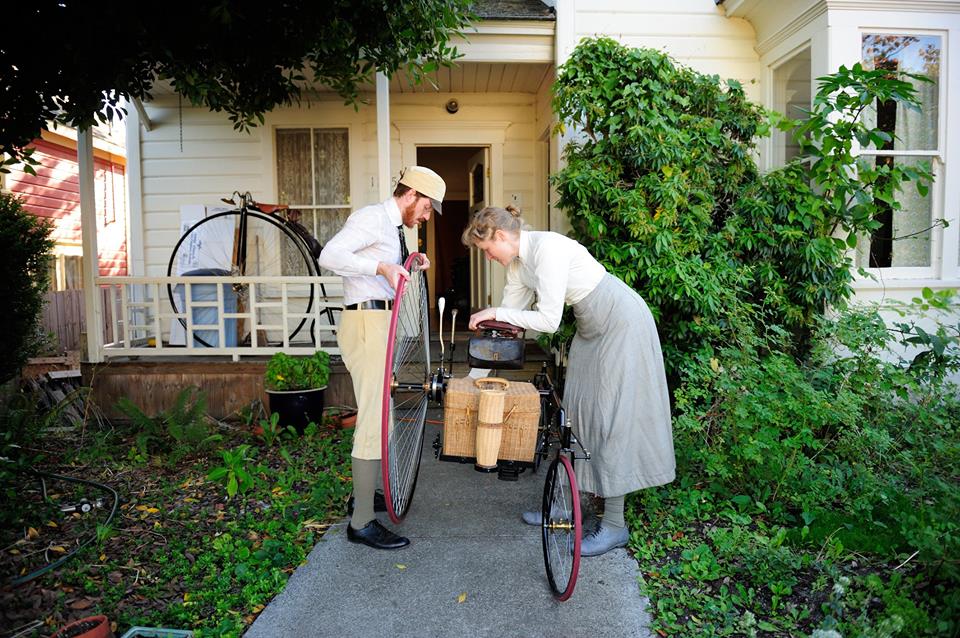
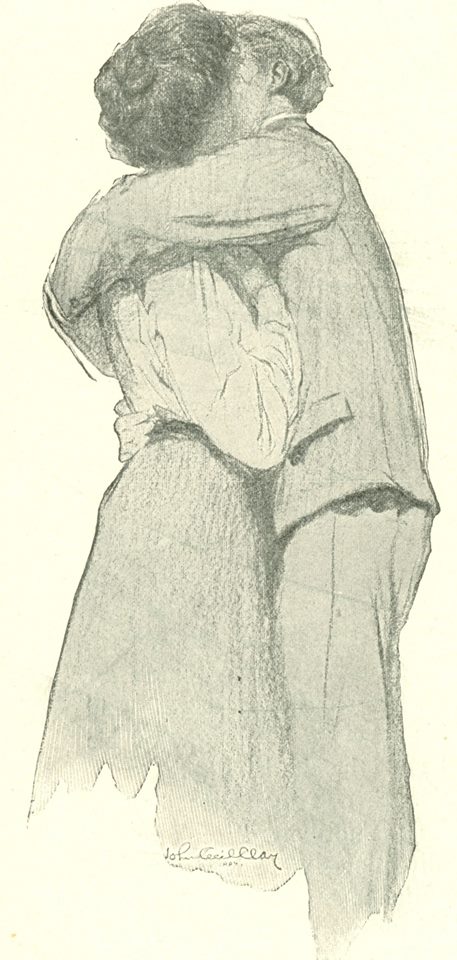



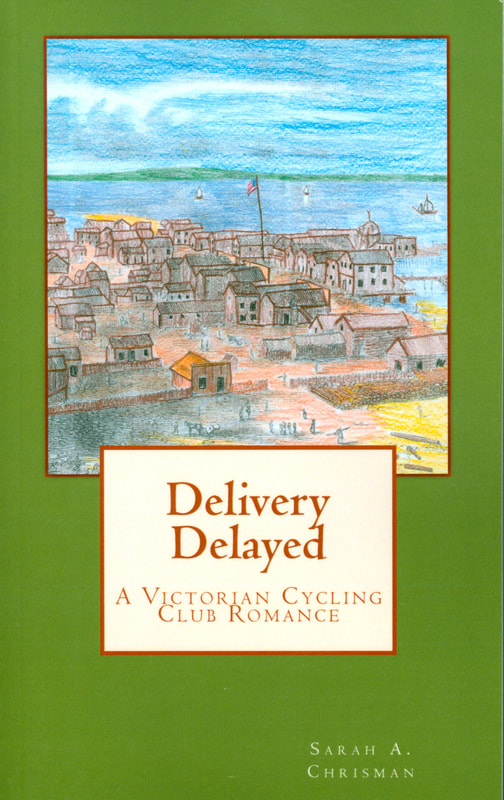
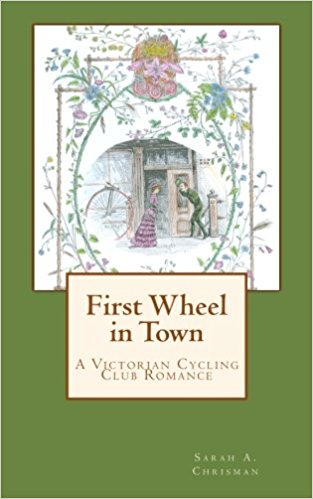

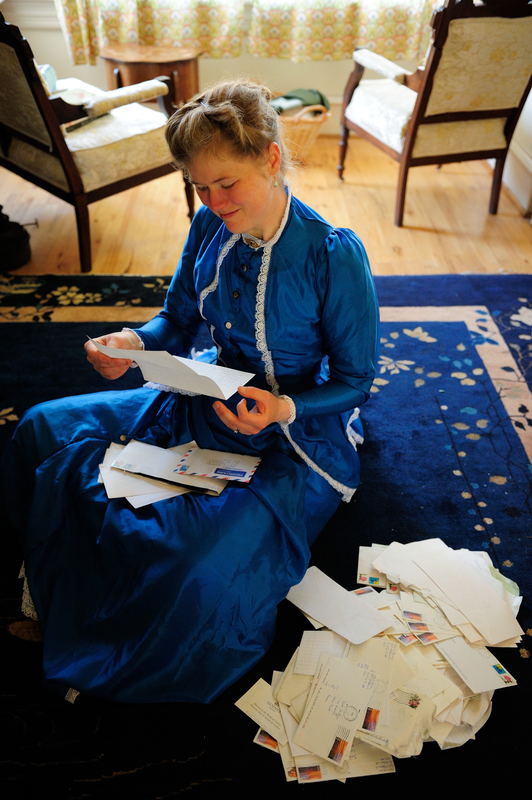
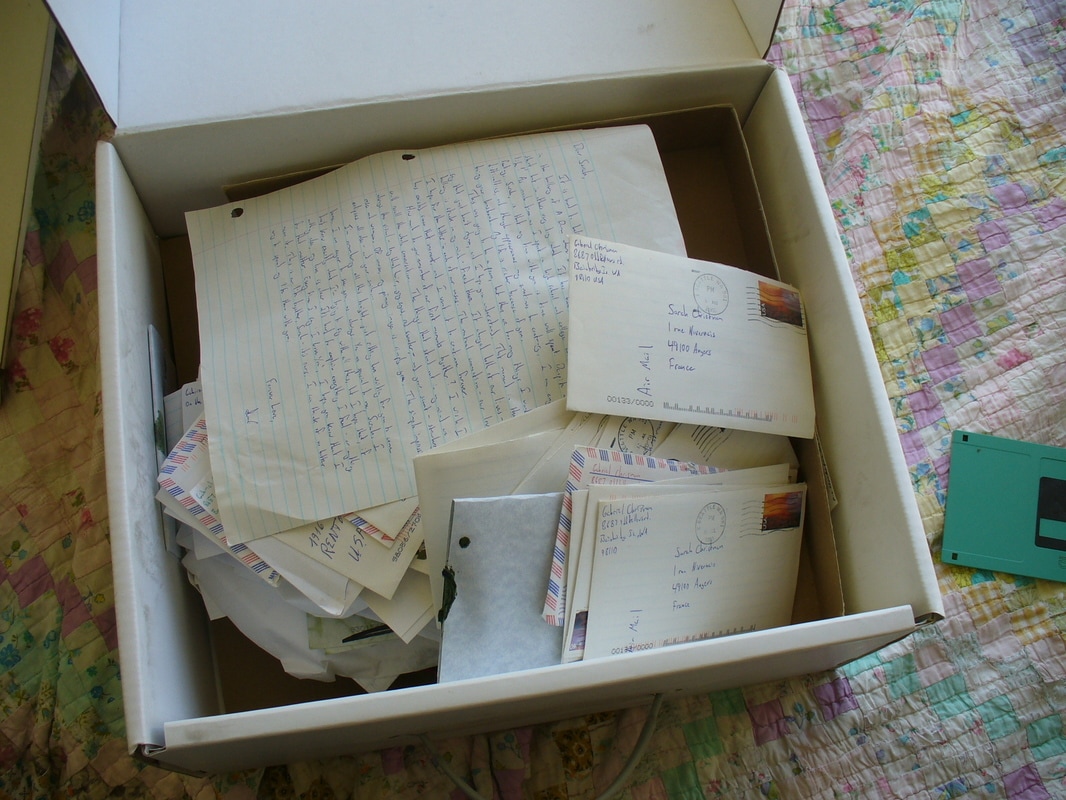
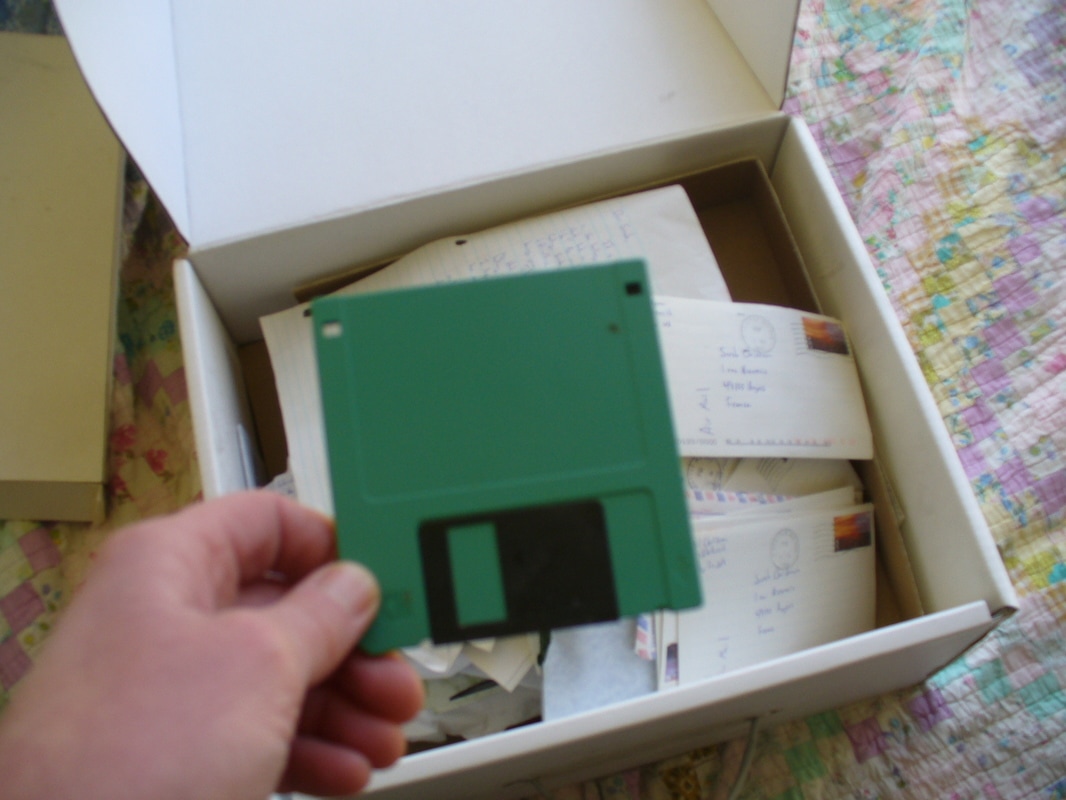
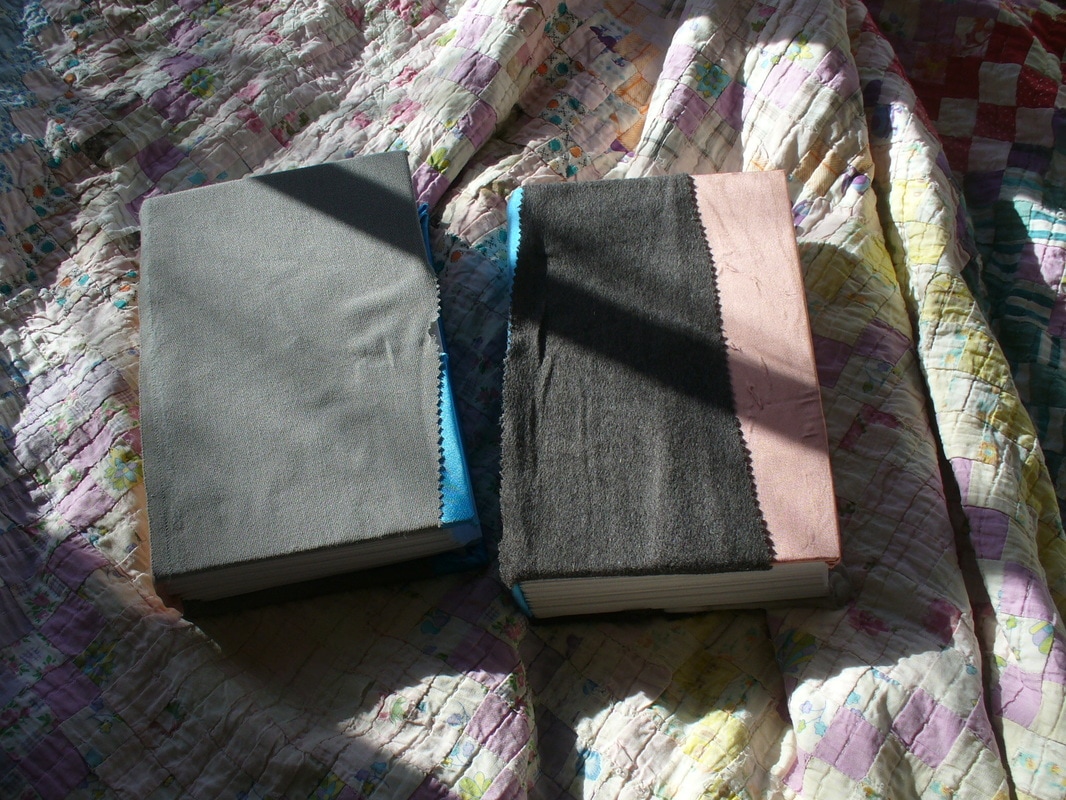
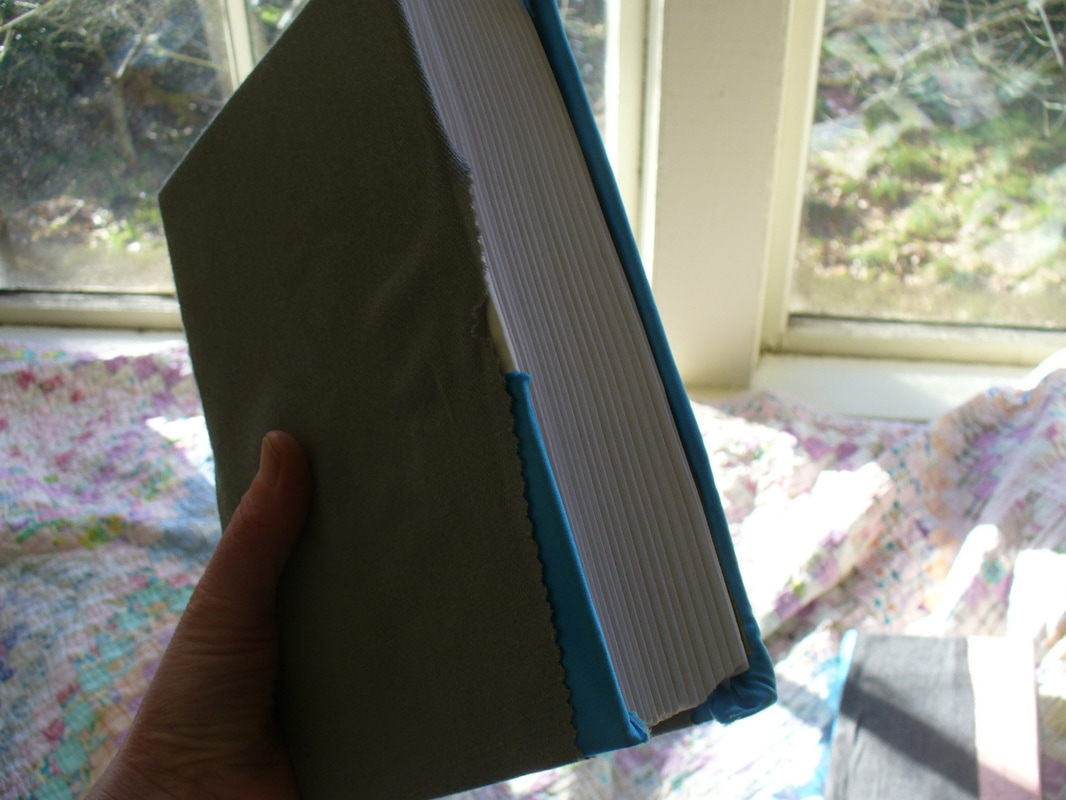
 RSS Feed
RSS Feed